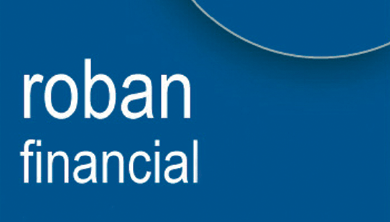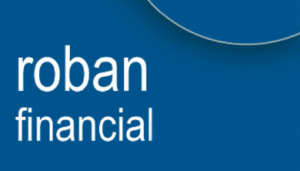The introduction of the Auto Enrolment Retirement Savings System marks a significant and welcome development in the pensions landscape, having a profound impact over the years. Auto Enrolment has already been successful in highlighting the pension issue in Ireland, generating unprecedented interest in the topic.
Employer Queries
There has been a rise in enquiries from employers seeking to establish or improve pension arrangements for their employees. This trend is also noticeable in the recruitment market, where a heightened focus on retirement benefits is evident among candidates of all ages, who are displaying an impressive level of technical knowledge about pensions.
Auto Enrolment aims to serve the large portion of the Irish workforce without occupational pension provision. Government data indicates about 750,000 workers over the age of 23 and earning at least €20,000 per annum currently lack such provision. These individuals currently face the prospect of relying solely on the State Pension (Contributory) of €13,795 per annum at the maximum rate.
However, Auto Enrolment is not a one-size-fits-all solution and may offer benefits different from those in existing workplace pension schemes. Contribution levels will start low and will not reach those of many workplace schemes for several years.
Auto Enrolment Uncertainties
There are several uncertainties surrounding the auto-enrolment proposal, including its start date, which is due in Q1 2024 but remains unconfirmed.
A key difference arises in tax relief. For traditional pensions, employees paying higher income tax rates receive relief at the marginal rate. In contrast, the Auto Enrolment system offers a state top-up equivalent to 33% of the employee contribution, effectively lower tax relief. This changes for employees paying tax at the standard rate of 20%.
The Enrolment Process
Individuals aged between 23 and 60 and earning over €20,000 annually will be automatically enrolled into the pension scheme on starting a new job, unless they have their own or access to an occupational pension. Employees can opt out or suspend contributions after six months, with re-enrolment occurring every two years.
Alternatively, a Company Pension Scheme under a Master Trust is an option. Master Trusts, as defined contribution company pension schemes under trust, are appealing for their professional, cost-effective management of governance and administrative obligations. They comply with enhanced communication requirements and investment strategy obligations.
Employers Need to Take Action
Employers should prepare for auto-enrolment by establishing pension arrangements that meet or exceed AE requirements, else they must enroll their employees in the AE system. The system is particularly significant for smaller firms without existing pension schemes.
Savings through Auto-Enrolment
The government will contribute €1 for every €3 saved by a worker, up to a limit. Additionally, employers will match contributions, starting at 1.5% and increasing to 6% over ten years.
|
Year Range |
Employee Contribution |
Employer Contribution |
Government Contribution |
|
1-3 |
1.5% |
1.5% |
0.5% |
|
4-6 |
3% |
3% |
1% |
|
7-9 |
4.5% |
4.5% |
1.5% |
|
10+ |
6% |
6% |
2% |
Source: Department of Social Protection (2022). The Design Principles for Ireland’s Auto Enrolment Retirement.
Attracting and Retaining Employees
Employers offering a defined contribution pension scheme with adequate contribution levels will have an advantage in the talent market. The Master Trust Pension Scheme provides active investment performance, governance expertise, and streamlined administration in a cost-effective package.
Important Information
This information is based on Roban Financial’s understanding of current Revenue practice as of December 2023 and is subject to change.
Contact Roban Financial for More on Company Pensions


